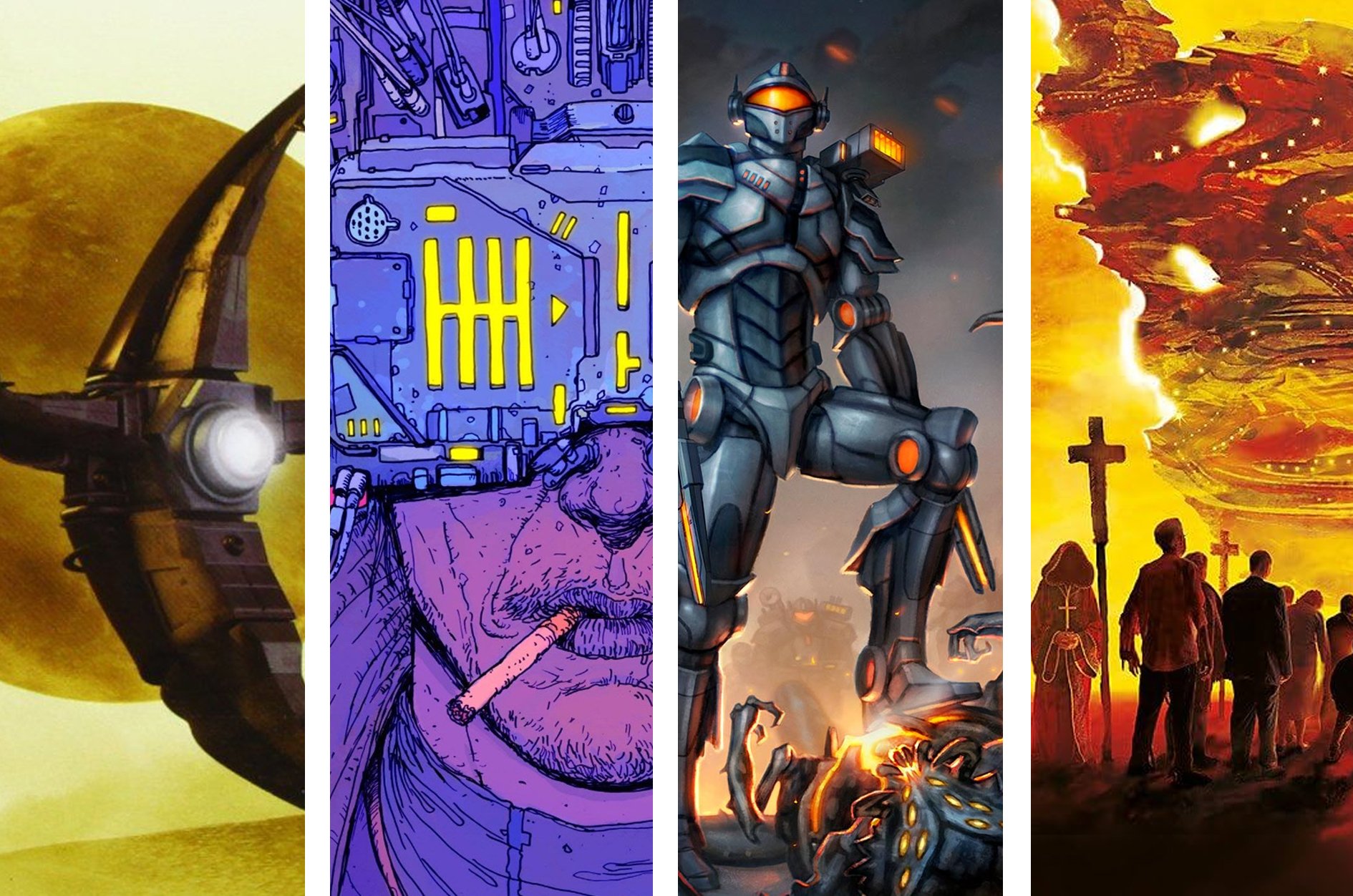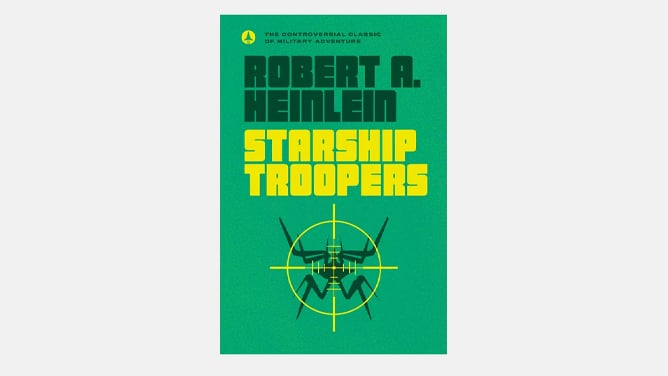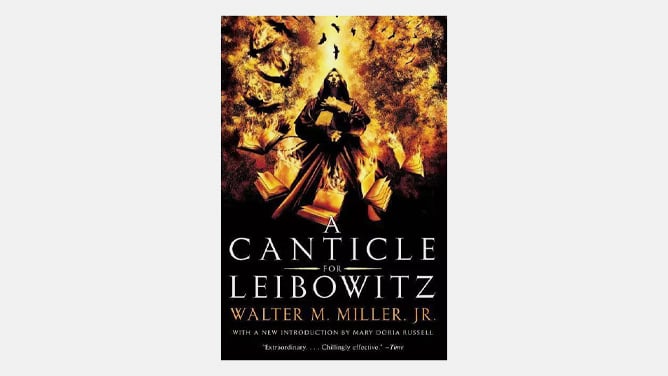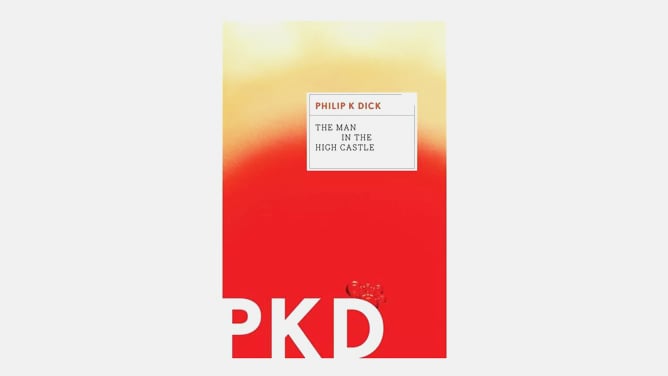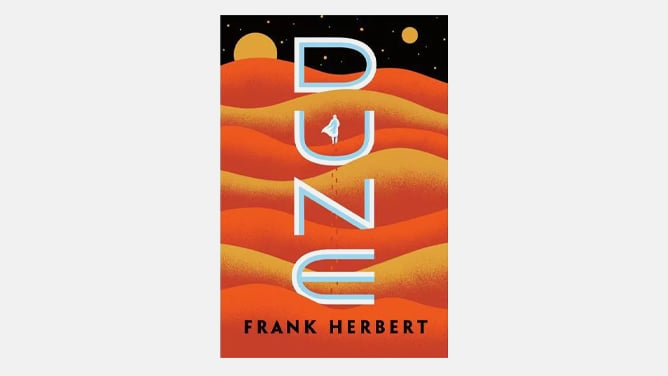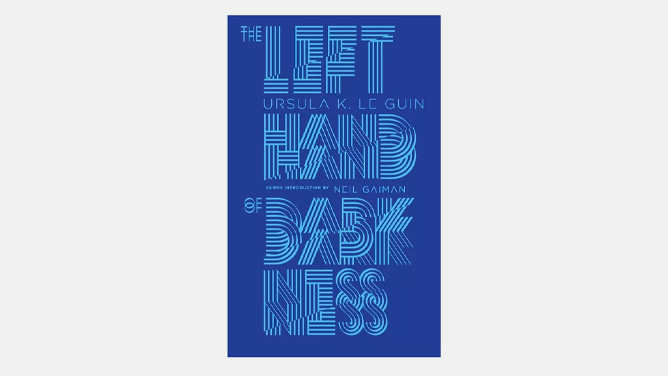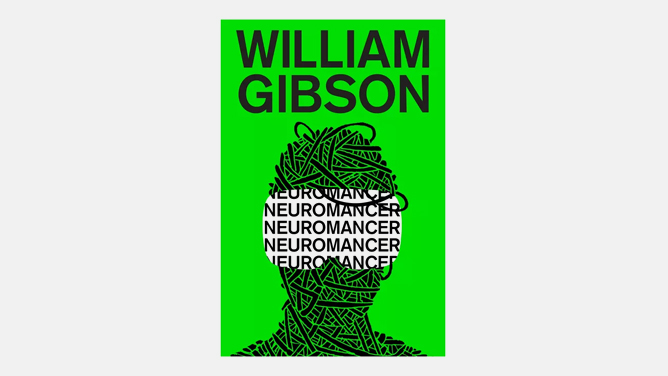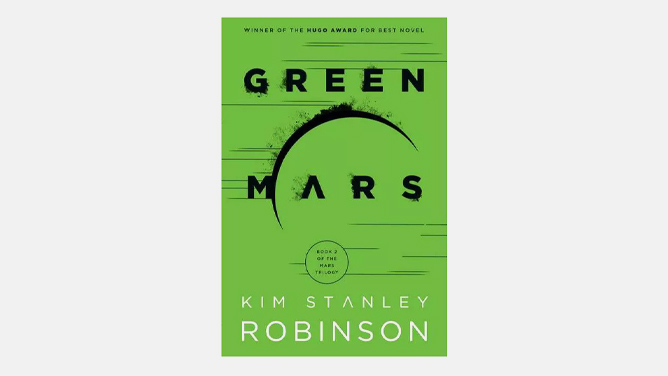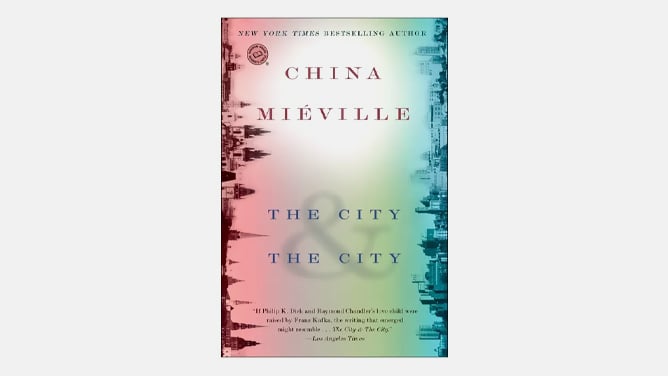The Hugo Awards are widely considered science fiction’s most prestigious award, with the 2024 ceremonies in early August. And while awards are a somewhat arbitrary metric by which to evaluate a piece of writing, it can be especially helpful in the realms of fantasy and science fiction where book publishers have some…interesting ideas about what makes a compelling cover, at least compared to literary fiction. This is all to say that without knowing it was a Hugo Award-winning novel, you might be hesitant to crack open a copy of Dan Simmons’s 1990 space odyssey Hyperion based on the initial cover for that book.
To this end, I’ve compiled a list of Hugo Award winners I find to be particularly good and worthy of a spot on any guy’s bookshelf. Of course, there are certainly years where I think a particular nominee outshone its winner (seeing China Miéville’s excellent socialist fantasy novel Perdido Street Station lose to Neil Gaiman’s American Gods in 2002 certainly smarts), but for the most part the winners are well picked and encompass a wide range of interesting plots, concepts, and philosophies that are both engaging and odd.
For the most part, I only ignored a high profile winner if I personally did not enjoy reading it and thus wouldn’t feel comfortable advocating for it (apologies to Michael Chabon’s The Yiddish Policeman’s Union) or if the author’s personal opinions would make it too challenging to separate art from the artist (see: anything by noted neo-reactionary Orson Scott Card).
As always, this list is subjective and I highly recommend checking out the full list of winners and nominees yourself as well–a lot of great picks in both categories that I would never be able to cover entirely here.
Starship Troopers, Robert A. Heinlein (1960)
Starship Troopers is a bildungsroman novel that follows Juan “Johnny” Rico during his service in the Mobile Infantry of the Terran Federation, who fight a never-ending war against a race of arachnid aliens. Heinlein is a complicated figure in the science fiction community, often because it’s never really clear whether he’s simply exploring fascist concepts in this novel as a thought experiment or actively endorsing them as a way of life. Regardless, Starship Troopers has a long tail within the science fiction community, from its excellent (if misunderstood) film adaptation by Paul Verhoeven, to it being the origin point for the concept of powered armor, which continues to be a favorite trope in science fiction military writing to this day.
Buy: $12.69A Canticle for Leibowitz, Walter M. Miller, Jr. (1961)
On the other end of the spectrum from Heinlein’s militant future is A Canticle For Leibowitz, where an order of Catholic monks sets about preserving the remnants of mankind’s technological knowledge for future generations in the wake of a thermonuclear war that devastates the United States. A somewhat somber exploration of the cyclical nature of human violence and devastation, it spans thousands of years over its three sections and was the only novel that Miller published within his lifetime.
Buy: $10.49The Man in the High Castle, Philip K. Dick (1963)
I’m not the hugest Philip K. Dick fan, but The Man In The High Castle is a curious alternate history exploration that presupposes the Axis powers won World War II. The United States finds itself split between occupation by Germany on the East Coast and Japan on the West, and the novel explores the lives of characters within this occupied U.S. who need to live under this regime. However, Dick also slips some of his characteristic gonzo ideas into the book as well, this time in the form of an author living in the politically neutral Rocky Mountain States who has written a speculative fiction novel wherein the Allies, not the Axis, won WWII—but the twist is that in his novel, it’s not the same as our history of the war tells it either.
Buy: $12.47Dune, Frank Herbert (1966)
Dune is the story of Paul Atreides, heir to the throne of House Atreides on the water planet of Caladan. His family is relocated to the desert planet of Arrakis, which produces the spice melange, a potent psychoactive drug that enables interstellar travel. Dune is huge in the cultural consciousness right now because of Denis Villeneuve’s film adaptation, but what’s most surprising is that much of what people praise about the film was already on the page when the book was published. Herbert was exploring themes of colonial power, radicalization and fanaticism in the late '60s, all in a novel about riding around in the desert on big worms where there’s a guy named “Duncan Idaho” kicking around as well.
Buy: $12.47The Left Hand of Darkness, Ursula K. LeGuin (1970)
LeGuin looms large in a lot of left-leaning science fiction camps, so I would be remiss not to add her here. The Left Hand of Darkness is about an earthman named Genly Ai, who embarks on a diplomatic mission to the planet Gethen to convince its inhabitants to join a coalition of planets called the Ekumen. Genly struggles in his mission because he is unable to parse Gethen’s customs, most notably that its inhabitants don’t conform to a gender binary, and only by developing a strong emotional connection with a Gethen politician named Estraven is he able to complete his mission.
Buy: $15.99Neuromancer, William Gibson (1985)
The first of William Gibson’s novels set in the near future dystopia of “The Sprawl,” Neuromancer follows computer hacker Henry Case as he falls into a vast and mysterious criminal conspiracy that tasks him with using his talents to unify the two halves of a godlike A.I. being held captive by the Tessier-Ashpool Corporation. Gibson is widely credited with originating the entire genre of cyberpunk, and Neuromancer is in many ways the ur-text of the genre. It’s a story that’s throwing a lot of stuff at the wall—combination art collectives and terrorist cells, a rastafarian separatist movement that lives in a deep space eco-habitat, a sexy cyborg lady, and ninja bodyguards—and a surprising amount of it sticks, even today.
Buy: $11.19Green Mars, Kim Stanley Robinson (1994)
The second novel in Robinson’s Mars trilogy, Green Mars is a “hard sci-fi,” meaning that it’s interested in applying accurate science and logic to its speculation. It follows a group of 22nd century human residents of Mars as they begin to successfully terraform the planet, while attempting to establish political autonomy from Earth, which continues to attempt to exercise control over them despite the vast distance between the two. The Martian Chronicles this is not, with large swathes of the book given over to descriptions of the Martian landscape and the “how” of terraforming, but it’s still an engaging text and part of a flavor of science fiction that often gets passed over in favor of flashier stuff.
Buy: $12.99The City and the City, China Miéville (2010)
A detective named Tyrador Borlú in the city of Besźel is tasked with investigating the murder of a foreign student. The only issue? She was associated with direct political action both in Besźel AND its sister city of Ul Qoma, which Borlú (and every other resident of Besźel for that matter) is required to disavow any knowledge of, and pretend doesn’t exist. There might also be a third, entirely separate (and according to BOTH Besźel and Ul Qoma, nonexistent) city named Orciny as well in the mix somewhere too. Half weird fiction and half police procedural, The City & The City melds Miéville’s interest in twisting narrative form with a genre piece that’s on par with his excellent fantasy novels Perdido Street Station, The Scar and Iron Council.
Buy: $14.59
